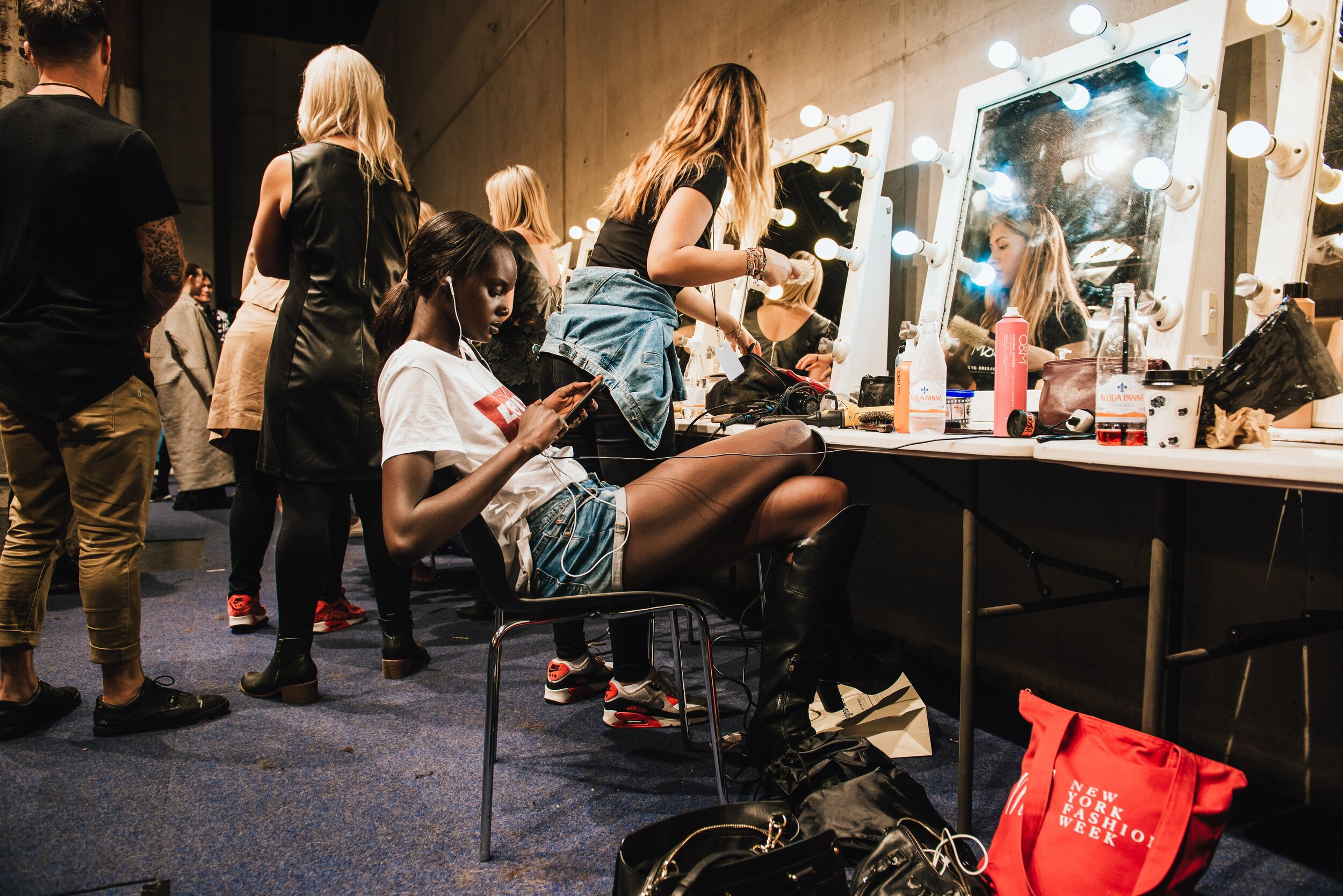Why does society hate teenage girls?
Written by Kalijah Rahming
When I was very young, my parents made the wise decision to involve me in as many physical activities as possible. It was probably very easy for them to tell that I would be a hyperactive child. After all, one of my earliest memories involves me hanging upside down in a tree and screaming at the top of my lungs.
Many of my proudest moments as a child revolved around the sports that I played. Thanks to my dad’s intense training, all the members of the opposing team struck out during my first time pitching at a softball game. Even glancing at a football reminds me of the onetime that I caught one during a scrimmage game. I got scared and dropped it immediately after, but that’s not really the point.
Although I knew many boys who enjoyed the same hobbies as me, my gender was at the forefront of conversations in the way that theirs was not. When they discovered that I loved playing sports or video games, they immediately grew defensive and denied my talent. I constantly felt as though I had to prove my worth to all the men around me.
Unfortunately, my experiences are not uncommon in the slightest. Teenage girls are consistently harassed and berated for the hobbies that they choose to indulge in. A famous example of this comes from the critically acclaimed “Twilight” book series written by Stephanie Meyer. Her original four novels were instantly adored by teenage girls all over the world. Her novels did extremely well from a monetary perspective. They sold over 120 million copies and were listed as number 20 on a list of the most popular book series of all time.
Although constructive critiques of the novels are understandable, most of the comments are purely sexist in their nature. In the early 2000s, anyone who truly loved “Twilight” was immediately written off as being unintelligent. When the first movie was released in theaters in 2009, many women and children rushed to watch it. However, they were often forced to face the harsh criticism of their families and friends. “Twilight,” and other films geared toward women, were believed to be “bad” while movies geared toward men were labeled as “good.”
Only a year later, Justin Bieber sent the world into a frenzy with his entrance into the music scene. His infectious smile and iconic bowl cut (which some doctors believed could protect young boys from getting skin cancer) made many girls instant “Beliebers.” However, his first single, “Baby,” received just as much (if not more) hate as love. The music video received over 12 million dislikes and was previously labeled as the most disliked video in YouTube history.
However, this “Bieber Fever” raged on. According to CBC News, a Canadian news publication, “Bieber fever [was] more infectious than measles.” It was absolutely impossible for me to escape him during the early 2010s: his face was plastered on advertisements, billboards, and on the walls of many of my friends.
One Direction, an English-Irish boy band formed within the same year, faced similar difficulties in the press. Although the band has since disbanded (or are taking an extended hiatus), their music is still appreciated by their fans. Yet, like Justin Bieber, their music did not gain the global respect that it deserved. Although they were able to draw in a large audience and broke a multitude of records, their efforts were often tossed aside.
Teenage girls are often subjected to intense scrutiny and hatred from things that are geared directly toward them. When it comes to musical artists, they are often laughed at for forming a parasocial relationship with their favorite celebrities. They are often believed to be too “obsessive,” “lovesick” and incapable of handling their emotions when surrounded by attractive human beings. As a result of this, the celebrities that they support are believed to have no value outside of their good looks.
It is interesting to note that although men exhibit the same behaviors as these “crazed fans,” they are not rebuked for it. No one blinks an eye when a man jumps up and screams when his favorite football team makes a touchdown. His manliness is not called into question since his behavior is viewed as normal and therefore, “right.” No one challenges the way that he can recite the statistics of his favorite players or knows their childhood histories by heart.
However, teenage girls are not allowed to express their emotions with the same level of freedom. If she screams while watching her favorite band perform a song or when her favorite character appears on television, she is believed to be delusional. Remembering fun facts about her favorite celebrities is seen as “creepy,” and she may even be asked why she cannot spend her time in a better way.
Teenage girls are no different than any other demographic and should not be looked at with disdain. Moving forward, I hope society can be kinder to teenage girls and let them immerse themselves in what brings them joy. Whether it’s the latest band, singer or movie franchise that makes them scream with excitement or dedicate an entire Instagram account to the fandom, it’s time to let girls live!
Header via Mary Taylor / Pexels










